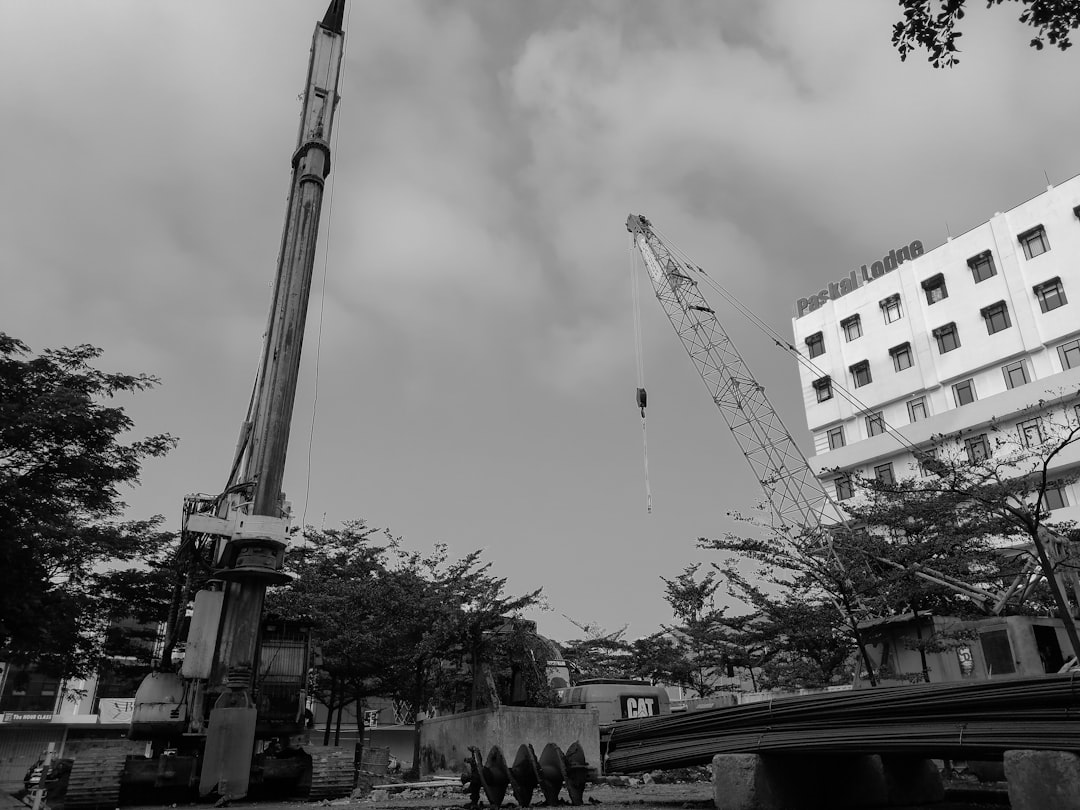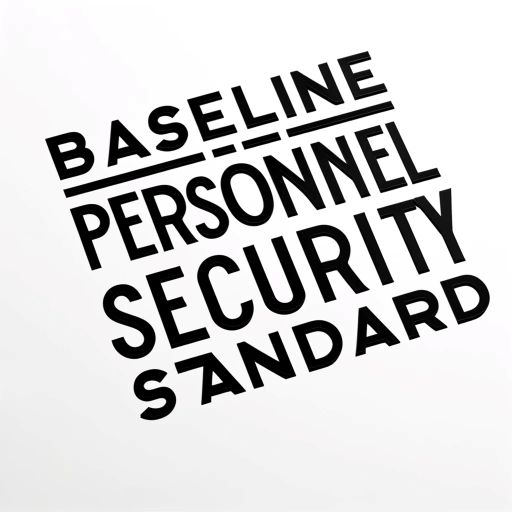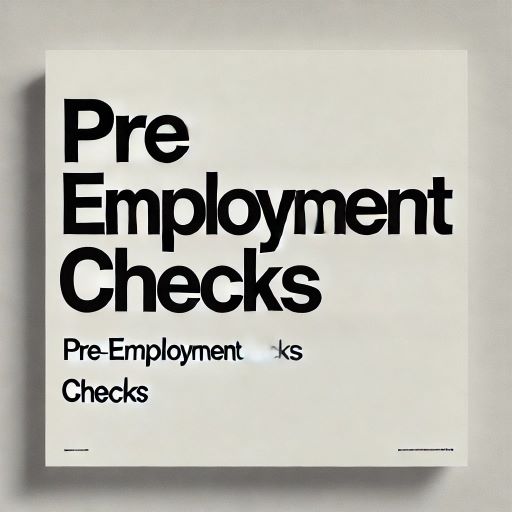

Therefore, full disclosure and honesty regarding any unspent criminal records are crucial steps in the BPSS application process. Adhere to the Baseline Personnel Security Standard (BPSS) clearance process to gain authorized access to UK OFFICIAL Assets. The implementation of BPSS checks ensures that individuals have the right to work in the UK and do not have affiliations or histories that could pose a security risk.
HMRC tax records and National Insurance contributions can be used to validate your employment history. BPSS is the standard background check required primarily for government employees and contractors to ensure they meet certain standards of trustworthiness and reliability.
BPSS clearance is often a prerequisite for obtaining higher levels of security clearance, such as Security Check (SC) or Developed Vetting (DV). One key consideration in this process is the disclosure of any unspent criminal records. right to work checks as well as a basic dbs checks are part of bpss clearance in the uk.
These documents are essential for confirming your eligibility and identity during the clearance process. In summary, while BPSS checks provide a security baseline for individuals primarily working within or for the UK government, DBS checks serve to protect vulnerable groups from potential harm. Identity documents
To secure BPSS clearance, it's imperative to provide the necessary documents such as proof of identity, employment history, national and immigration status, details on criminal records, and periods spent abroad. This is generally quicker than more detailed checks, such as those performed for higher levels of security clearance, but can still be delayed if there are issues with the national criminal records database or if the individual has spent significant time overseas. Cloud technology plays a pivotal role in the BPSS process by providing a centralized platform for storing and accessing data across different locations and devices securely.
Ensuring that all employees have been thoroughly checked and are legally allowed to work helps maintain the security standards necessary for sensitive roles, particularly in government and defense. This documentation can be critical in proving that the employer has diligently followed legal requirements should their compliance ever be questioned.
For roles where exposure to SECRET and TOP SECRET information is possible, BPSS clearance becomes even more significant in safeguarding classified data. The use of digital platforms in the BPSS process facilitates better communication and document management.
Moreover, digital technology supports ongoing monitoring and updating of BPSS clearances. By undergoing this screening, you not only demonstrate your trustworthiness but also contribute to maintaining the security and confidentiality of sensitive information within your organization.

Follow our guide to apply for BPSS clearance successfully.
Posted by Jasmine Roberts on 2024-10-08

Keep your BPSS clearance active with proper renewals.
Posted by Jasmine Roberts on 2024-06-24
Posted by Jasmine Roberts on 2024-06-14

Learn how employers can ensure BPSS compliance.
Posted by Jasmine Roberts on 2024-06-08

Avoid these common BPSS clearance application mistakes.
Posted by Jasmine Roberts on 2024-05-29

Discover what employers verify during BPSS checks.
Posted by Jasmine Roberts on 2024-05-10

Learn the essential requirements for BPSS clearance approval.
Posted by Jasmine Roberts on 2024-04-27

Learn the differences between BPSS and CTC clearance.
Posted by Jasmine Roberts on 2024-02-10
This typically encompasses various government departments, the defense sector, and private companies that handle sensitive information or deliver services under government contracts. Government compliance Thus, it is imperative that organizations implementing digital BPSS processes adhere strictly to data protection laws and employ robust cybersecurity measures. The process of conducting BPSS checks is systematic and standardized to ensure consistency and thoroughness.
A crucial part of the BPSS clearance is the criminal record check, which helps identify any unspent convictions the applicant may have. AI and machine learning are increasingly being integrated into the BPSS process, enabling predictive analytics to assess risks associated with certain profiles or patterns.
The Data Protection Act (DPA) 2018, which incorporates the General Data Protection Regulation (GDPR) into UK law, is crucial in the administration of BPSS checks. If you have been self-employed, invoices to clients and bank statements showing payments received can serve as evidence.
While BPSS itself is not mandated by specific laws, it operates under the broader legal and regulatory framework that governs national security and employment practices in the UK. It's essential to be forthcoming with this information to facilitate a smooth and thorough BPSS clearance process.

BPSS checks typically include four main elements: identity verification, employment history check, right to work confirmation, and a basic criminal record check. These documents can include passports, biometric residence permits, national identity cards, and work visas. Automated systems can cross-reference and validate information against multiple databases in real-time, ensuring that discrepancies are quickly identified and addressed.
A key component of the BPSS check is the verification of documents, which can be time-consuming. In contrast, BS7858:2019 is tailored for roles where employees handle sensitive information, work in secure environments, or where there is a high requirement for trust and security integrity.
As technology evolves, it will continue to shape how Baseline Personnel Security Standard checks are conducted, promising even greater improvements in efficiency and security in the future. While DBS checks are significant for specific sectors like healthcare and education, BPSS is tailored for individuals with access to government assets and secret information.
Their roles potentially expose them to sensitive information that could affect the country's governance and international standing. BPSS clearance procedures are based on standards set by the UK Government, particularly by the Cabinet Office, which outlines the national security vetting policies.


BS7858:2019 checks, due to their more detailed nature, can take significantly longer - up to 12 weeks or more - as they require gathering more comprehensive information and thorough verification processes from multiple sources. The detailed guidelines of BS7858:2019 make it indispensable for security-sensitive industries looking to uphold the highest standards of reliability and safety. These documents serve as primary forms of identification and are vital in confirming who you are.
Ensuring that all employees undergo BPSS clearance before taking on roles that involve access to sensitive information is key to maintaining operational security and complying with national security regulations. This involves verifying previous employment details, gaps in employment, and reasons for leaving previous positions. Security audit
This step is essential to ensure that individuals are legally entitled to work in the country, which is fundamental both for complying with legal requirements and for maintaining the integrity and security standards within an organization, particularly those involved in government or sensitive roles. Baseline Personnel Security Standard (BPSS) and Disclosure and Barring Service (DBS) checks are two distinct types of background checks used in the United Kingdom, each serving specific purposes.
Unlike some checks such as the Disclosure and Barring Service (DBS), which may concentrate more on criminal history, BPSS covers a broader spectrum of aspects essential for certain roles requiring access to sensitive information. BPSS is essential for roles accessing sensitive government assets, whereas DBS is commonly used in sectors like healthcare and education.

To guarantee a thorough evaluation of candidates, organizations typically follow these steps:Applicants need to provide documents like a passport or driver's license to confirm their identity. Employers must ensure that their BPSS processes comply with the Equality Act 2010, avoiding any form of discrimination based on protected characteristics during the vetting process. Completing BPSS successfully indicates that an individual has met the baseline requirements for trustworthiness and reliability, which are essential for more in-depth investigations.
While BPSS checks are used primarily as a pre-employment screening tool for government-related positions, DBS checks are broader and focus on determining an individual's suitability to work with vulnerable groups including children and adults. It's essential to provide accurate information and meet the trustworthiness standards to pass the screening process.
This step ensures that the individual has the right to work and is not illegally residing in the country, which is particularly important for maintaining lawful employment practices in sensitive environments.
Employment history checks are another key component of BPSS clearance, providing insight into an individual's work behavior and integrity. These components ensure that the individual is appropriately vetted for security-sensitive positions but do not delve into extensive criminal history unless necessary for the role. By vetting individuals' backgrounds, the government ensures that sensitive information remains protected from those who might misuse it.
Enhanced technological advancements are shaping the future landscape of BPSS compliance, offering quicker and more accurate identity verification processes.

BPSS Clearance involves verifying an individual’s identity, employment history, right to work, and criminal record. This ensures that only eligible candidates are employed in sensitive positions.
The cost of BPSS Clearance is typically covered by the employer. However, in some cases, applicants may need to pay for certain document-related fees, such as background check certificates.
While a criminal record check focuses solely on an individual’s criminal history, BPSS Clearance includes identity verification, employment history review, and right-to-work checks in addition to criminal records.